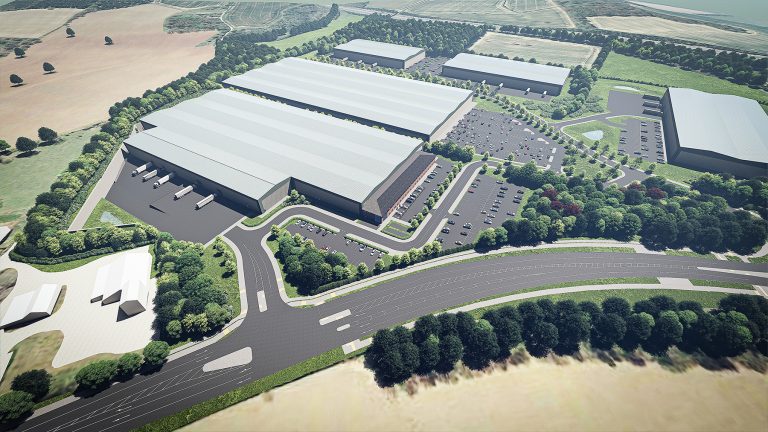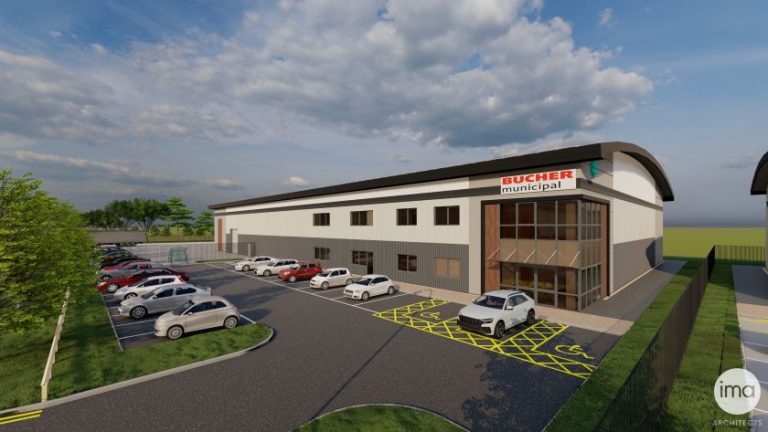Five years since the first Covid 19 lockdown, data from Start Up Loans shows a surge in aspiring entrepreneurs taking out finance to bring business plans to life.
In that time, there has been a 31% increase in the number of first loans in the East Midlands, compared to the five-year period prior, delivered by the Start Up Loans programme, which is part of the British Business Bank.
This amounts to a 70% increase in the total value of first loans between the two periods. The average loan value to entrepreneurs also increased by £3,139, or 29% in the East Midlands.
The five year period since the first lockdown has also seen a significant increase in Start Up Loans finance provided to business owners from a Black, Asian and Other Ethnic Minority background and early-stage business owners. Across the UK, the proportion of loans to ethnic minorities increased 5.39% to 19.8%.
The pandemic lockdowns forced many businesses to adapt, and for some entrepreneurs, it was a defining moment. Sam Whetton, founder of Reika, launched his business in the middle of this uncertainty after securing a Start Up Loan from the British Business Bank.
Since launching, Reika has significantly elevated its production and product range, now offering full material traceability to further its impact.
Reika, based in Nottinghamshire is committed to sharing insights into its production processes, material sourcing, and supply chain decisions, the brand is educating consumers on the true cost of sustainable manufacturing while demonstrating that well-designed, responsibly made products don’t have to have a negative sustainable approach in the process.
Sam Whetton, founder of Reika, said: “Launching a product-based business is challenging at the best of times, but launching a travel brand at the height of a global lockdown was a leap into the unknown. At a time when travel was restricted, we had to rethink how we positioned ourselves and focus on building a strong foundation that would stand the test of time.
“The Start Up Loan gave us the initial funding to bring our first product to life, allowing us to iron out the teething issues every new business faces and giving us the time to refine our approach. Since then, we’ve enhanced our supply chain, moved production to the world’s most sustainable factories, optimised our unit economics to align with the global economy and the realities of digital marketing, and built a brand with strong future ambitions.
“Our goal now is to become a market leader within the UK bag and luggage industry, continuously pushing boundaries in design, sustainability, and customer experience. What started as an idea during uncertain times has now evolved into a brand with big plans for the future.”
Start Up Loans is a government-backed programme that offers fixed-interest loans and mentoring to entrepreneurs in the UK. Since its inception in 2012 the programme has delivered over £1.2 billion in funding to more than 120,000 entrepreneurs nationwide, and £67m to over 7,000 businesses in the East Midlands.
Richard Bearman, Co-Chief Banking Officer, British Business Bank, British Business Bank: “When I think about the Start Up Loans programme, the pandemic was a real pivotal moment. So often I meet business owners and their stories start with how lockdown was the chance to stop and really think about what they wanted to do and achieve.
“We saw a huge increase in the number of loans during 2020 and into the early part of 2021. Although some of that demand for finance has understandably cooled off, we still see a lot more people seeking Start Up Loans finance for a business. In that respect, the shock of lockdowns could well have contributed to a change in how potential business owners thought about the opportunities of entrepreneurship.”
Start Up Loans data on loan volume applications shows 2020 was a potentially ‘transformational’ year for UK startups. In the financial year that ended just around the time lockdown was first introduced, 8,652 Start Up Loans supported UK start up businesses. The following year this rose to 11,322, a 31% increase, and numbers have remained higher than pre-pandemic levels ever since.











